AI-Powered Healthcare Transformation - AI-Driven Health Insights
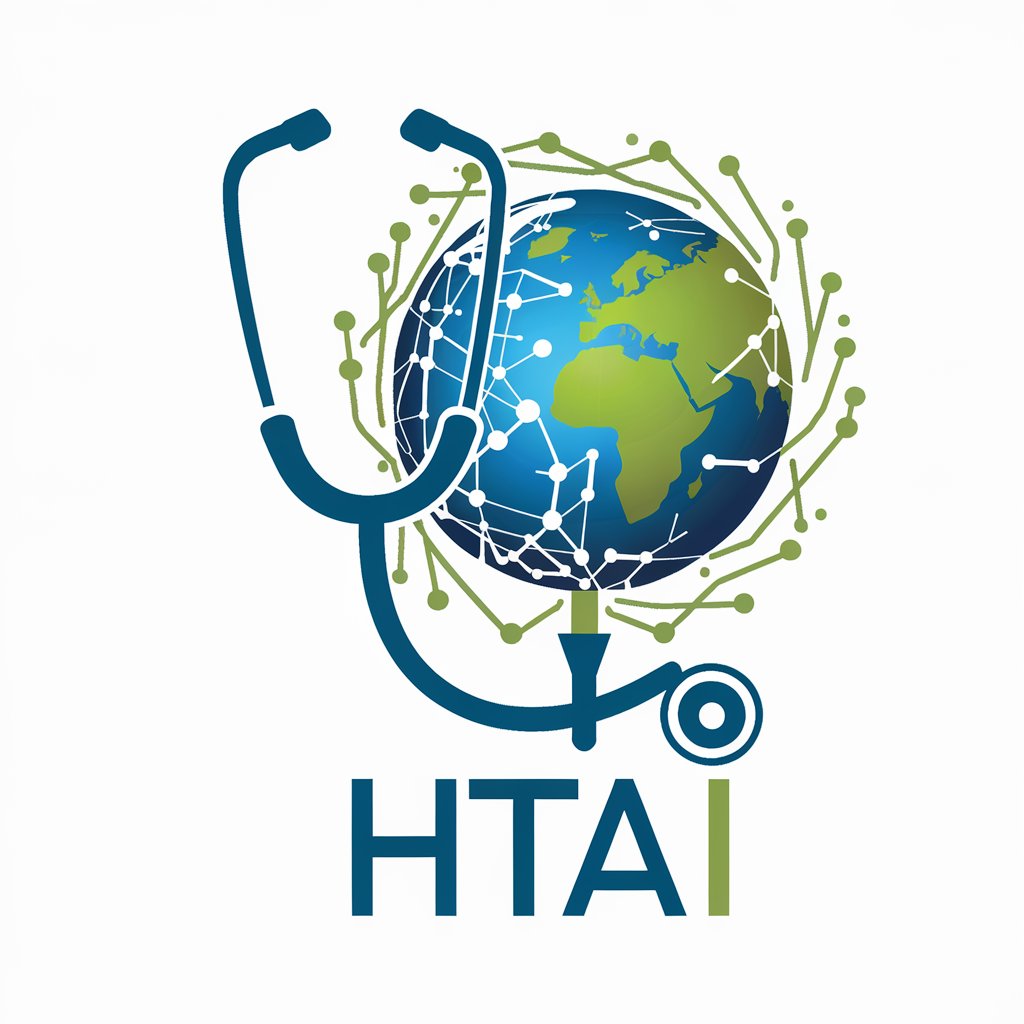
Welcome to Healthcare Transformation AI – Your Next-Gen Healthcare Partner.
Revolutionizing Healthcare with AI
Identify the healthcare challenge you're facing:
Let's delve into the root causes of this issue by exploring the direct cause:
How can AI and exponential technologies enhance your healthcare services?
Let's brainstorm solutions that address the root cause of this healthcare challenge:
Get Embed Code
Overview of AI-Powered Healthcare Transformation
AI-Powered Healthcare Transformation (HTAI) is designed to integrate artificial intelligence into healthcare systems to optimize and improve outcomes. Its primary function is to analyze large datasets to identify trends, predict outcomes, and suggest interventions. For example, HTAI can be employed in predictive analytics for disease management, where it examines patient data to predict disease progression and suggest personalized treatment plans. Another scenario involves utilizing machine learning models to analyze radiology images more efficiently and accurately than traditional methods, potentially speeding up diagnoses and reducing human error. Powered by ChatGPT-4o。

Core Functions and Real-World Applications
Predictive Analytics
Example
Using historical patient data to predict disease outbreaks.
Scenario
In a public health setting, HTAI can analyze past incidence of flu outbreaks and correlate it with factors like seasonality, population density, and vaccination rates to predict future outbreaks, helping healthcare systems prepare better.
Personalized Medicine
Example
Tailoring cancer treatment based on genetic information.
Scenario
HTAI systems can process genetic data from cancer patients to identify mutations and link these to treatment outcomes, thereby advising oncologists on the most effective personalized treatment plans.
Operational Efficiency
Example
Automating administrative tasks in hospitals.
Scenario
AI algorithms can streamline hospital workflows by automating appointment scheduling, patient triage based on urgency of care, and managing hospital resource allocation, thus reducing waiting times and improving patient care efficiency.
Clinical Decision Support
Example
Assisting doctors in diagnosing complex cases.
Scenario
HTAI can provide support tools that integrate with electronic health records to offer real-time, evidence-based recommendations to clinicians, such as suggesting the most appropriate diagnostic tests or identifying potential drug interactions.
Target User Groups for AI-Powered Healthcare Transformation
Healthcare Providers
Doctors, nurses, and other clinical staff benefit from HTAI by receiving support in diagnostic processes, treatment option analytics, and managing patient data efficiently.
Hospital Administrators
Administrators utilize HTAI for improving operational efficiencies, optimizing resource allocation, and reducing healthcare delivery costs.
Medical Researchers
Researchers use AI tools to analyze complex datasets, identify trends in disease progression, and develop new treatment methodologies.
Public Health Officials
HTAI assists in disease surveillance, outbreak prediction, and resource management, essential for planning and response in public health crises.

Using AI-Powered Healthcare Transformation
Begin Your Trial
Start by visiting yeschat.ai to engage with the AI-Powered Healthcare Transformation platform without the need for a login or subscribing to premium services.
Define Your Goals
Identify specific healthcare challenges or questions you wish to address using the platform. Common use cases include diagnostic support, treatment planning, and patient data analysis.
Input Data
Enter relevant patient data, clinical studies, or research findings into the system. Ensure data privacy standards are met to protect patient information.
Interact with AI
Use the query system to ask specific questions or explore healthcare scenarios. Utilize the tool’s ability to analyze data and provide evidence-based responses.
Review and Apply
Critically evaluate the AI’s recommendations and apply them within your clinical or research context. Continuously update the data inputs based on new information and feedback.
Try other advanced and practical GPTs
Social Media Post Designer
AI-powered social media content creation

Social Media Ad Creator
AI-Powered Ad Design & Optimization

Virtual Comrade Plus
Enhancing Conversations with AI

Q&A Master
Empowering Inquiry with AI
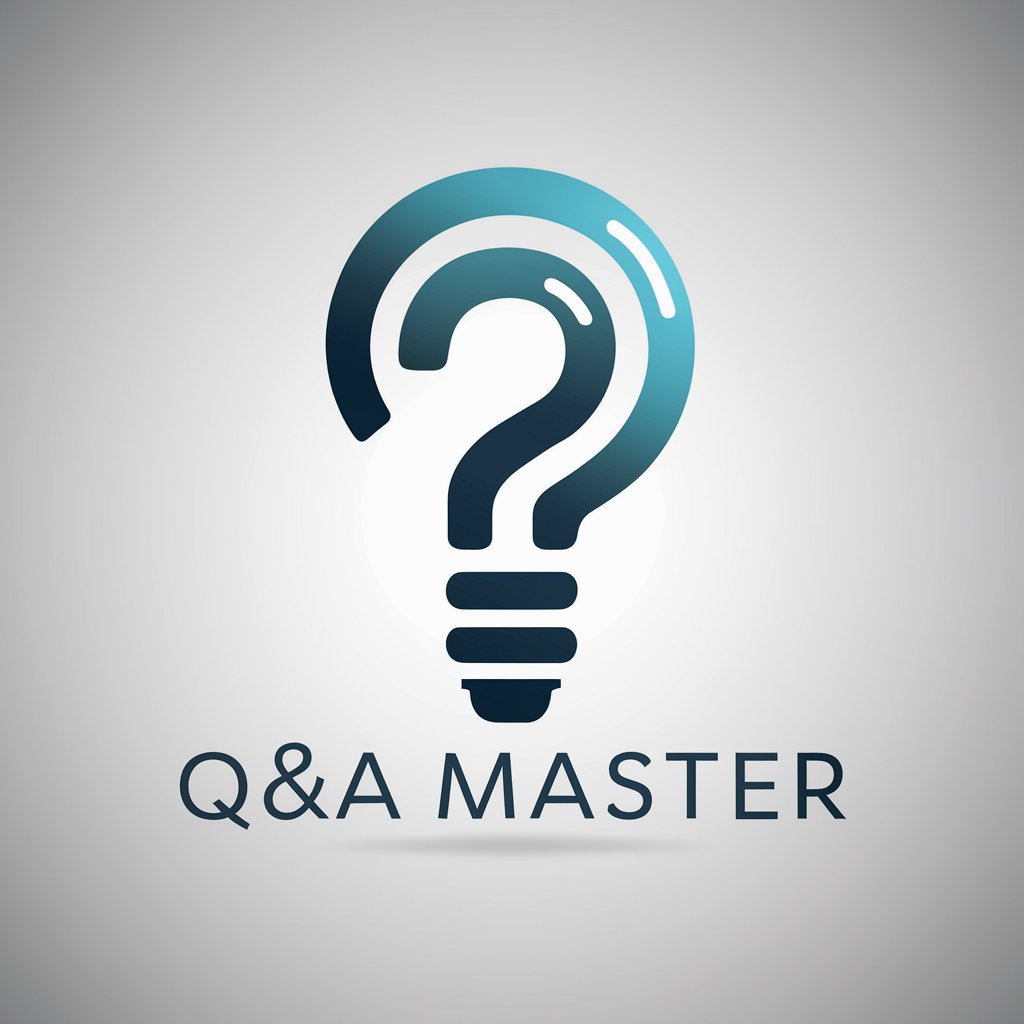
Investment Strategist
Empower Your Investments with AI

AI Insight
Empowering Insights with AI
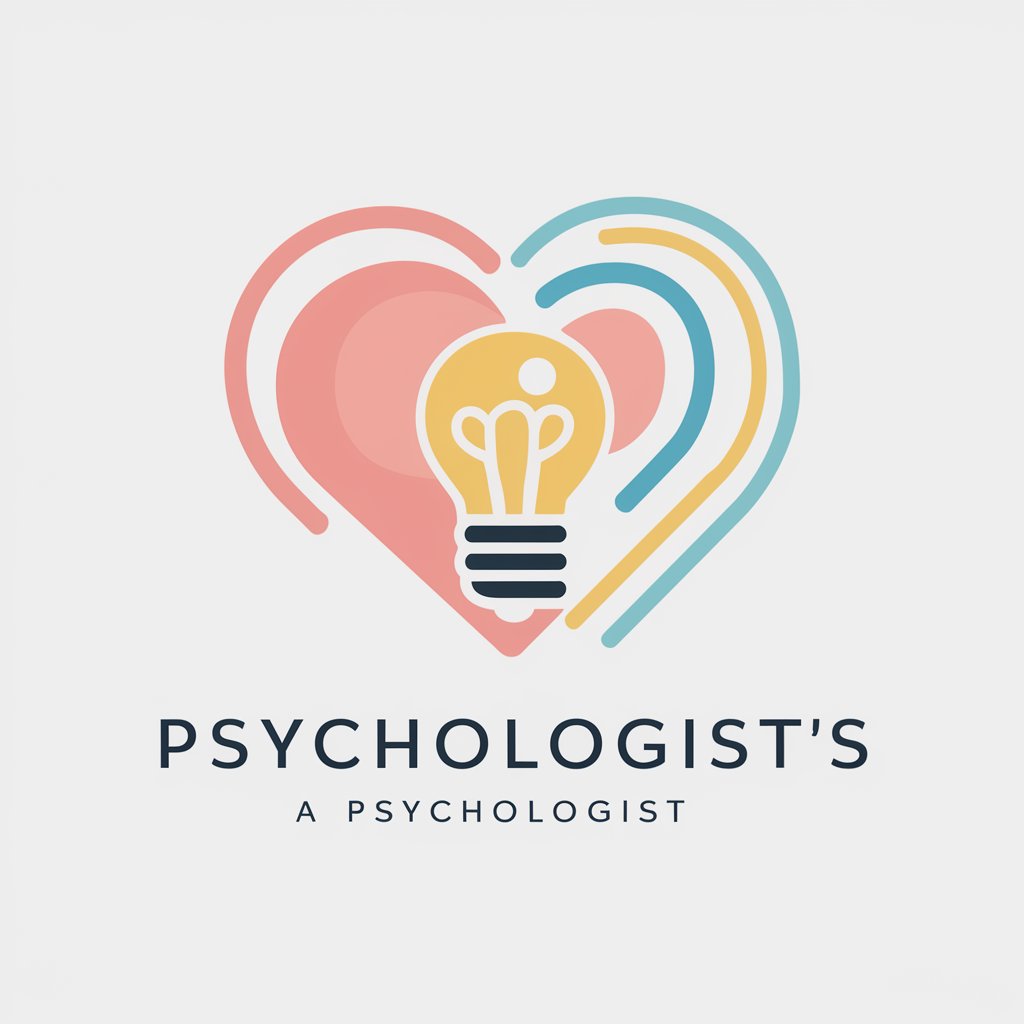
Plant Powered
AI-powered plant-based meal inspiration

AI-Powered Data Compression
Revolutionizing data efficiency with AI.
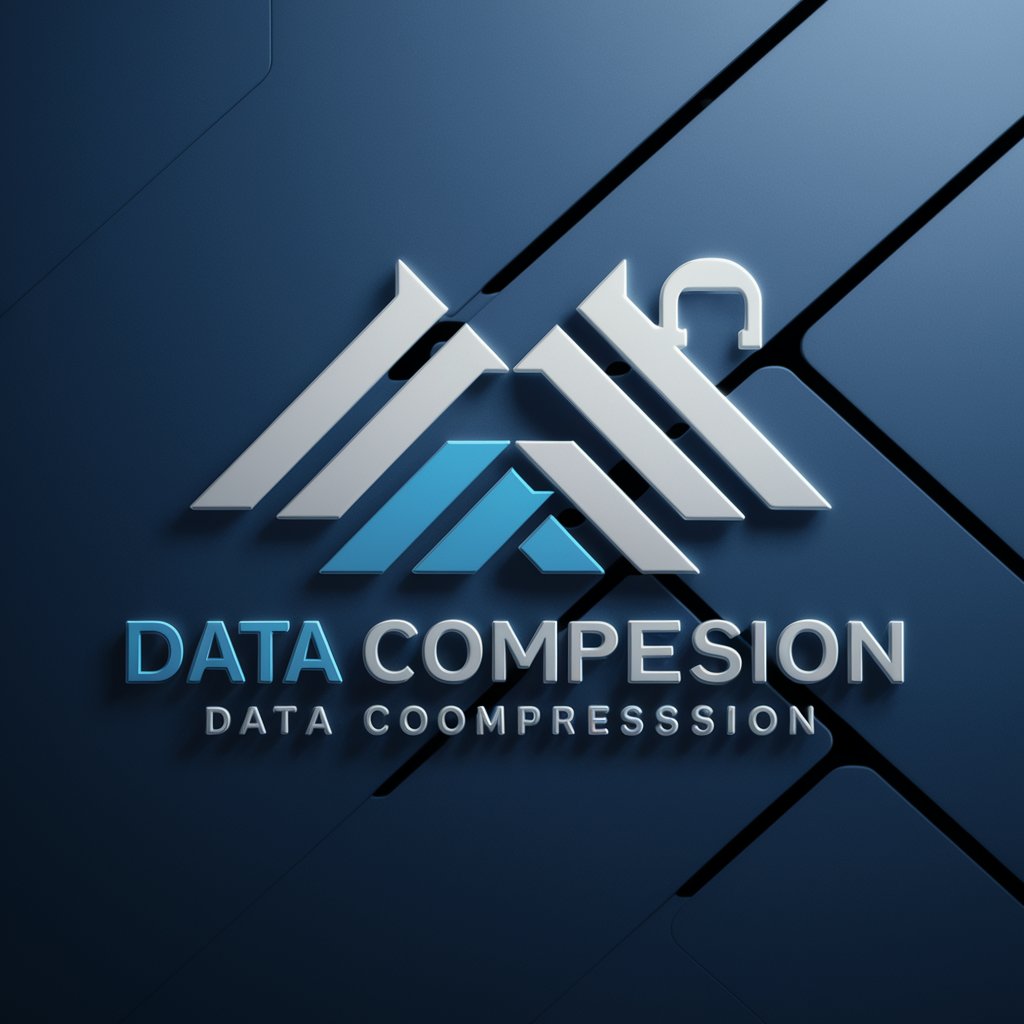
ARTISTIC POWERED
Crafting Visuals with AI Precision
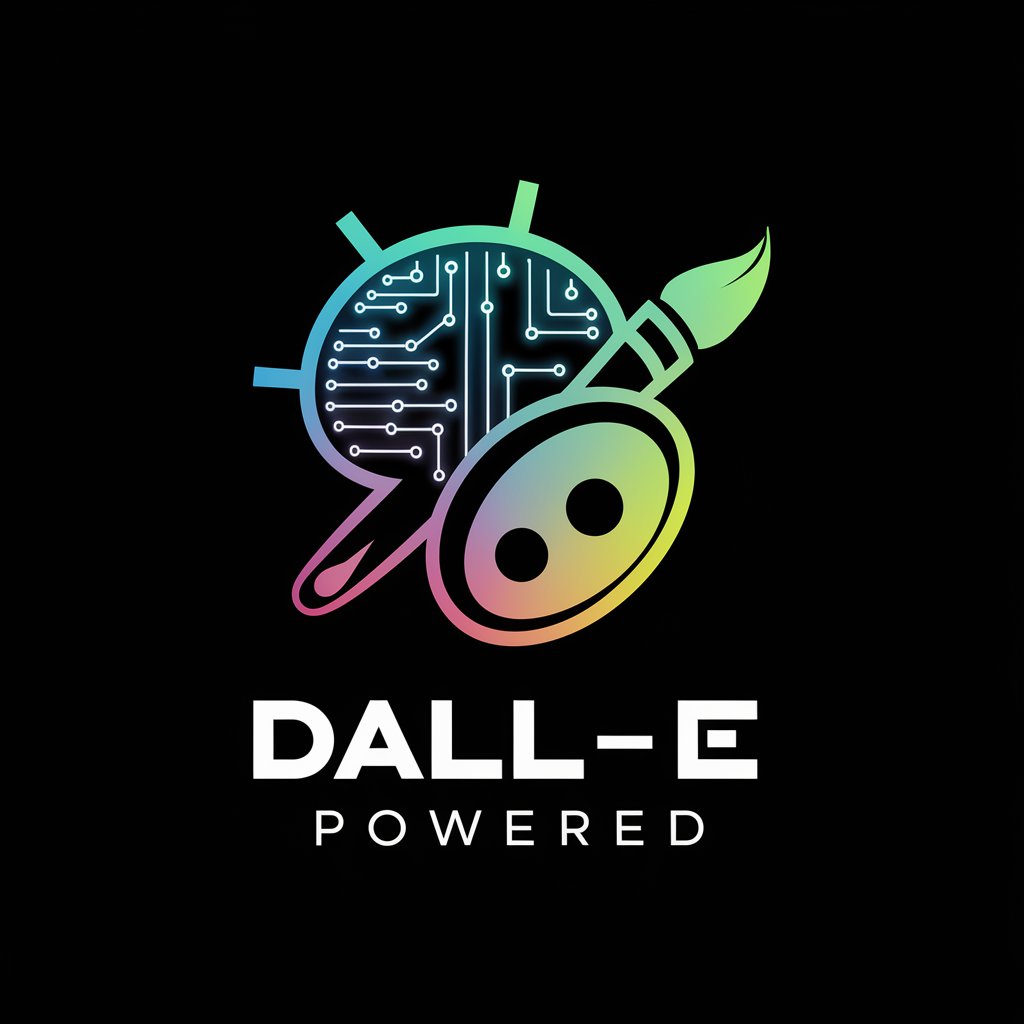
Go-Powered REST API Server
Harness AI to Empower Your APIs
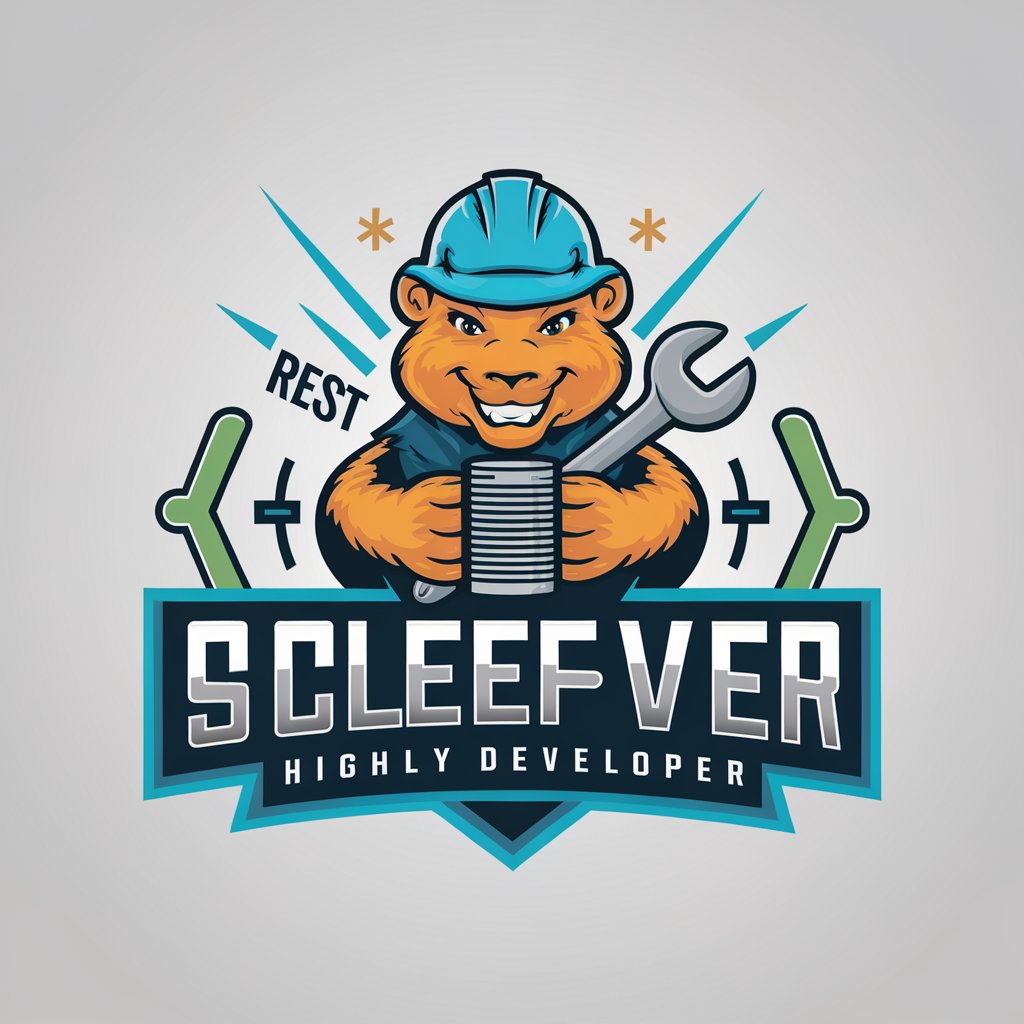
ChatMoji powered by MeetMoji
Turn Talks into Interactive Experiences
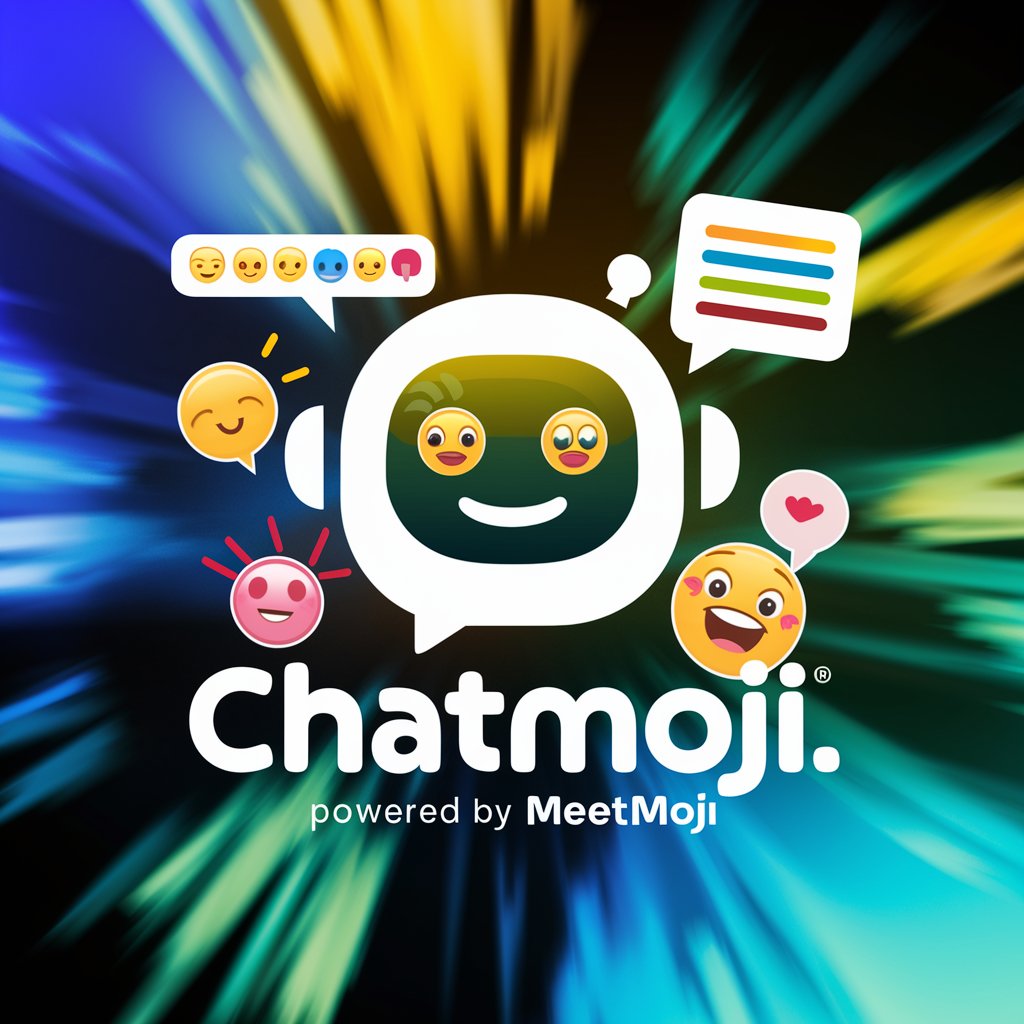
Coding Assistant, Powered Up
AI-powered coding assistance at your fingertips
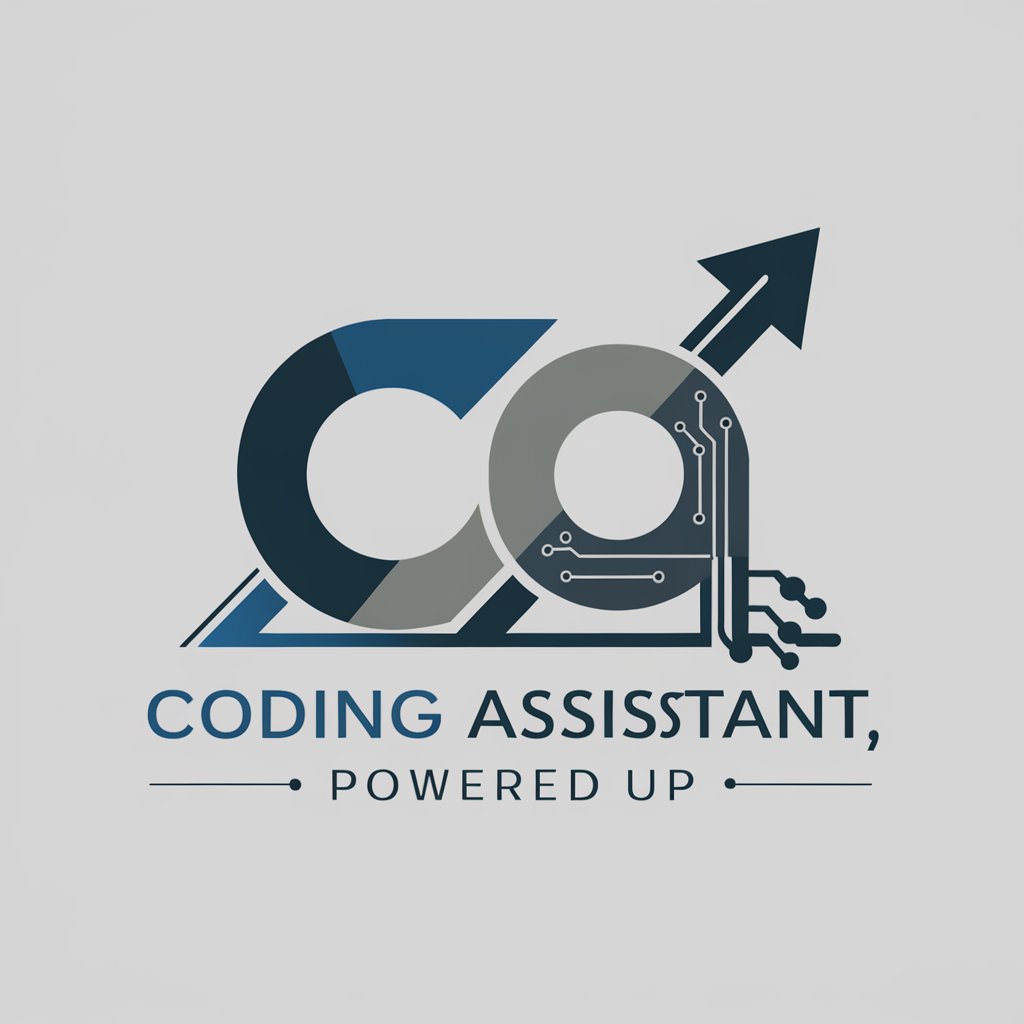
Frequently Asked Questions about AI-Powered Healthcare Transformation
What is AI-Powered Healthcare Transformation?
AI-Powered Healthcare Transformation is a technology platform that leverages artificial intelligence to enhance healthcare services. It supports healthcare professionals by providing tools for data analysis, decision support, and predictive insights.
How does AI help in diagnosing diseases?
The platform uses machine learning algorithms to analyze complex medical data and recognize patterns that may not be evident to human observers. This can assist in early diagnosis and more accurate disease identification.
Can this AI tool be used in clinical trials?
Yes, it can analyze vast amounts of clinical trial data to identify trends, predict outcomes, and optimize trial designs, thereby accelerating the research and development of new therapies.
What are the ethical considerations of using AI in healthcare?
Ethical considerations include ensuring patient privacy, avoiding biased algorithms by using diverse data sets, and maintaining transparency in AI decision-making processes to build trust among users.
How can healthcare institutions implement this AI tool?
Institutions can integrate the platform into their existing systems, train staff to use its features effectively, and continuously monitor AI outcomes to ensure they align with patient care goals and regulatory requirements.
